Dostoevsky’s Demons
Study Dostoevsky's great novel on the nature, logic, and social origins of revolutionary politics.
Sundays | January 9, 16, 23, 30, February 6 & 13
Online Seminar Series
Fyodor Dostoevsky uniquely deduced the political horrors of the twentieth century from the ideological viruses of the nineteenth. His final novel and masterpiece, The Brothers Karamazov (1880), is unsurpassed in its portrayal of the internal conflicts and spiritual strivings of late-modern man and society.
As its titular brothers struggle between faith and doubt, the novel invites readers to reflect on ultimate matters of human freedom, suffering, and the choice between good and evil.
Image Credit: Mikhail Vasilyevich Nesterov, In Russia; The Soul of the People, 1914–1916, The Russian Museum, St. Petersburg, Russia
Jacob Howland on the liberal arts university.
This course takes place via Zoom over six sessions, held on Sundays, from 5 to 7 PM ET. Fellows will receive a $200 stipend contingent upon participation in the course and completion of a brief response paper. All course materials will be provided.
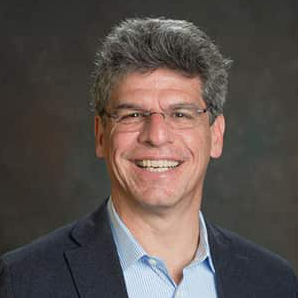
Jacob Howland has published five books and roughly 60 scholarly articles and review essays on the thought of Plato, Aristotle, Xenophon, Kierkegaard, the Talmud, the Holocaust, ideological tyranny, and other subjects. His most recent book is Glaucon’s Fate: History, Myth, and Character in Plato’s Republic.

Jacob Howland is the former Provost, Senior Vice President for Academic Affairs, and Dean of Intellectual Foundations at the University of Austin. Previously, he was the McFarlin Professor of Philosophy (emeritus) at the University of Tulsa. His research focuses on ancient Greek philosophy, history, epic, and tragedy; the Hebrew Bible and the Talmud; Kierkegaard; and literary and philosophical responses to the Holocaust and Soviet totalitarianism.
His most recent book is Glaucon’s Fate: History, Myth, and Character in Plato’s Republic. His other books include Plato and the Talmud and Kierkegaard and Socrates: A Study in Philosophy and Faith.
He earned a B.A. from Swarthmore College and a Ph.D. from Penn State.
Readings:
Discussion Questions:
Readings:
Discussion Questions:
Readings:
Discussion Questions:
Readings:
Discussion Questions:
Readings:
Discussion Questions:
Readings:
Discussion Questions:

Jacob Howland
Jacob Howland has published five books and roughly 60 scholarly articles and review essays on the thought of Plato, Aristotle, Xenophon, Kierkegaard, the Talmud, the Holocaust, ideological tyranny, and other subjects. His most recent book is Glaucon’s Fate: History, Myth, and Character in Plato’s Republic.
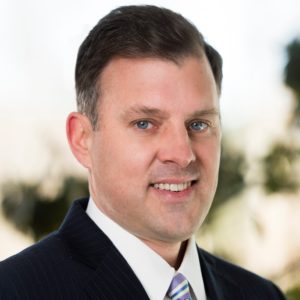
Flagg Taylor
Flagg Taylor is the Executive Director of the Center for Civics, Culture, & Society, at Miami University. His research specialty is in the history of political thought and American government, especially the question of executive power. He is Chair of the Academic Council of the Victims of Communism Memorial Foundation.

Vance Serchuk
Vance Serchuk is Executive Director of the KKR Global Institute and an Adjunct Senior Fellow at the Center for a New American Security. Prior to joining KKR, Mr. Serchuk served for six years as the senior national security advisor to Senator Joseph Lieberman (I-Connecticut).
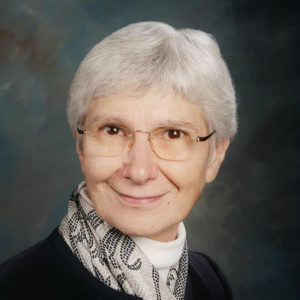
Amy A. Kass
Amy Apfel Kass (1940 – 2015) was a senior fellow at the Hudson Institute, Senior Lecturer Emerita in the humanities at the University of Chicago, and coeditor of What So Proudly We Hail: The American Soul in Story, Speech, and Song. She was an award-winning teacher of classic texts.
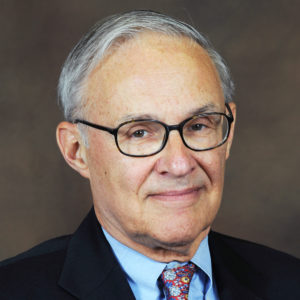
Leon R. Kass
Leon R. Kass, M.D., is the Addie Clark Harding Professor Emeritus in the Committee on Social Thought and the College at the University of Chicago and the Madden-Jewett Chair at AEI. He was the chairman of the President’s Council on Bioethics from 2001 to 2005. He has been engaged for more than 40 years with ethical and philosophical issues raised by biomedical advances and, more recently, with broader moral and cultural issues.
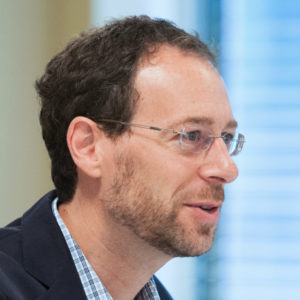
Bryan Garsten
Bryan Garsten is Professor of Political Science at Yale University. He writes on questions about political rhetoric and deliberation, the meaning of representative government, the relationship of politics and religion, and the place of emotions in political life.